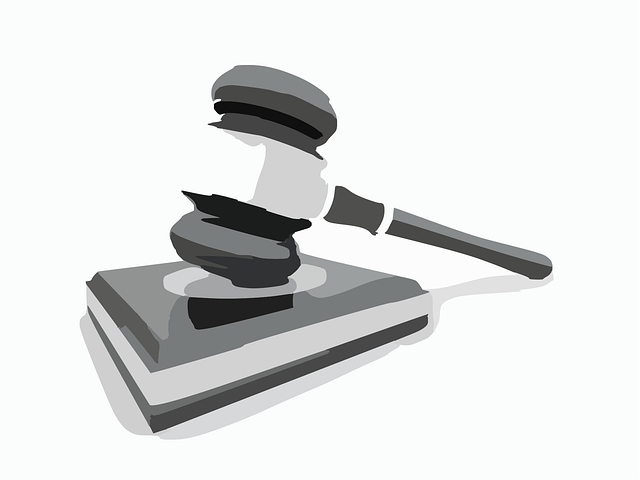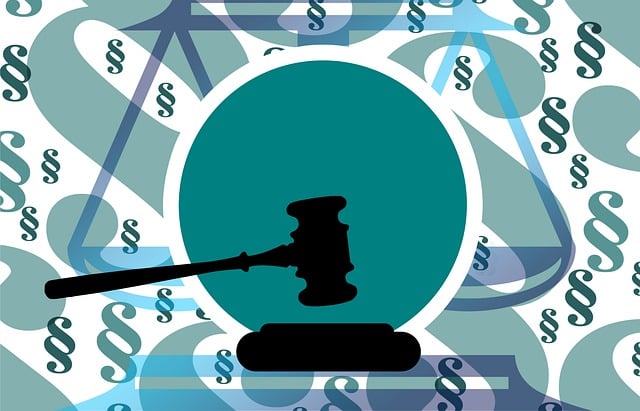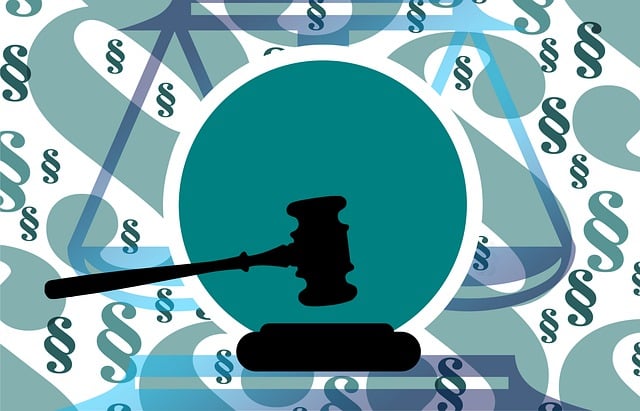High-level corporate investigations require a meticulous balance between ensuring accountability and respecting due process rights. Adhering to due process principles influences sentencing, guaranteeing fair procedures and protecting individuals from arbitrary decisions, especially in complex cases. Effective post-management strategies, built on comprehensive documentation, transparency, and stakeholder engagement, navigate legal complexities, deliver justice, and restore public trust, with a key focus on understanding How Due Process Affects Sentencing.
In the corporate world, C-level investigations are crucial in unearthing potential wrongdoings. This article delves into the intricacies of these probes, focusing on how due process serves as a cornerstone for fair sentencing in high-level cases. We explore the significant impact of proper procedures on legal outcomes and present strategies for effective post-investigation management and accountability. Understanding these processes is essential for businesses aiming to maintain integrity and mitigate risks.
- Understanding C-Level Investigations: Uncovering Corporate Wrongdoings
- Due Process: A Foundation for Fair Sentencing in High-Level Cases
- The Impact of Proper Procedures on Legal Outcomes
- Strategies for Effective Post-Investigation Management and Accountability
Understanding C-Level Investigations: Uncovering Corporate Wrongdoings
C-Level Investigations, also known as executive-level inquiries, are in-depth probes aimed at uncovering potential wrongdoings or unethical practices within a corporation. These investigations are typically launched when there’s reasonable suspicion or evidence of fraud, corruption, or other serious misconduct involving high-ranking officials, including CEOs, CFOs, and COOs (C-Level executives). The process involves a meticulous examination of financial records, corporate policies, and individual actions to ensure accountability and adherence to legal and ethical standards.
Understanding how due process affects sentencing is crucial in these investigations. Due process guarantees the right to fair procedures during legal proceedings, including the right to be heard, access to evidence, and protection against self-incrimination. This ensures that accusations are substantiated before any consequences are enforced. In the context of C-Level Investigations, achieving extraordinary results often involves balancing the need for transparency and accountability with the due process rights of executives. For his clients, this means navigating complex legal landscapes while avoiding indictment, ensuring that any sanctions or sentences are proportionate to the proven wrongdoings.
Due Process: A Foundation for Fair Sentencing in High-Level Cases
In high-level investigations, especially those that could lead to significant changes within an organization, ensuring due process is paramount. Due process guarantees a fair sentencing procedure, protecting individuals from arbitrary or unjust decisions. It involves a series of steps designed to safeguard rights and ensure transparency, which are particularly crucial in complex cases where the stakes are high. This meticulous approach includes the right to legal representation, access to evidence against one’s charges, and the opportunity to present a defense—all fundamental aspects that influence how due process affects sentencing.
For C-level executives facing investigations, understanding these processes is essential, as they can significantly impact outcomes. An unprecedented track record of fair handling can help mitigate potential risks and avoid indictment in high-stakes cases. By adhering to these principles, organizations can foster trust and maintain the integrity of their decision-making, even in stressful situations. This approach not only ensures accountability but also allows for a more measured response, helping to navigate the legal landscape successfully.
The Impact of Proper Procedures on Legal Outcomes
Proper investigation procedures are paramount to ensuring legal outcomes are just and fair. When conducted meticulously, each step across the country, from initial inquiries to jury trials, becomes a crucial element in building a robust case. This includes documenting evidence, interviewing witnesses, and adhering to statutory guidelines, all of which contribute to strengthening the prosecution’s argument.
By following due process, legal teams can mitigate potential biases and errors that might arise during investigations. This not only enhances the credibility of subsequent trials but also ensures that rights of all parties involved are respected. Ultimately, How Due Process Affects Sentencing plays a pivotal role in maintaining public trust in the justice system and upholding the integrity of judicial proceedings.
Strategies for Effective Post-Investigation Management and Accountability
After a thorough investigation, effective post-management and accountability strategies are crucial to ensuring justice and maintaining public trust. This phase involves careful navigation through legal complexities, especially when dealing with white collar and economic crimes. The process must adhere to due process principles, which significantly influence sentencing outcomes. By upholding strict adherence to these procedures, any organization can boast an unprecedented track record of fairness and transparency.
Key strategies include comprehensive documentation, transparent reporting, and clear communication channels. These practices facilitate a structured understanding of the investigation’s findings, allowing for well-informed decisions. Furthermore, engaging relevant stakeholders from philanthropic and political communities ensures collective accountability and promotes public confidence in the justice system’s integrity.
C-level investigations demand a meticulous balance between uncovering corporate wrongdoings and ensuring fair sentencing. By adhering to robust due process, organizations can mitigate legal risks and foster accountability. Understanding how due process affects sentencing is paramount in navigating these complex cases. Effective post-investigation management strategies further strengthen the integrity of the process, ultimately upholding justice and maintaining public trust.






